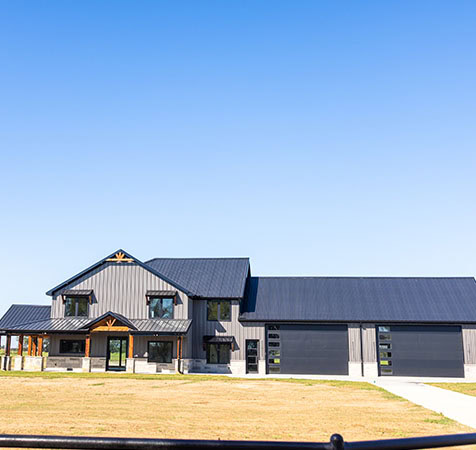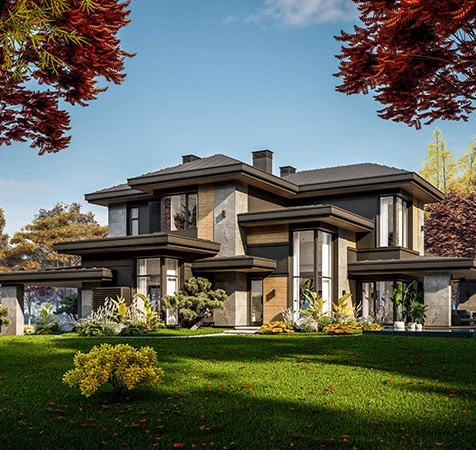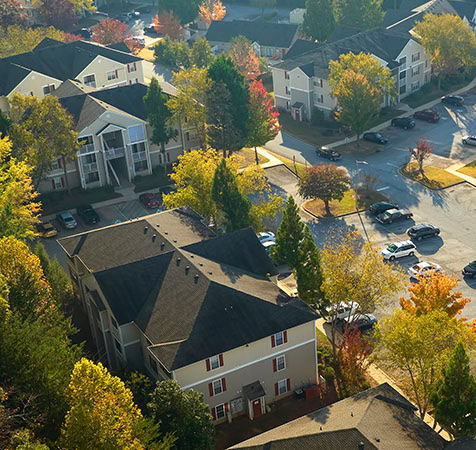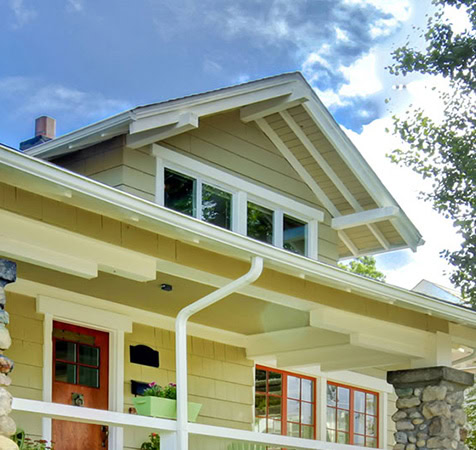Buying your first home is a big deal. When it comes to financing, the alphabet soup of mortgage options can feel like a pop quiz you didn’t study for. Two of the most common mortgage choices are FHA loans and Conventional loans. Both can get you the keys to your first home, but they come with different perks, trade-offs and fine print.
Let’s break it down so you can make a confident, informed decision without the jargon overload.
First, What’s the Difference?
FHA mortgages are backed by the Federal Housing Administration. (FHA). That government backing gives lenders more confidence to approve buyers with lower credit scores or smaller down payments.
Conventional mortgages, on the other hand, aren’t government-backed. They’re offered by private lenders and follow guidelines set by Fannie Mae and Freddie Mac. These loans tend to reward stronger credit and bigger down payments with better long-term savings.
2025 Snapshot: FHA vs. Conventional
| Feature | FHA Loan | Conventional Loan |
| Minimum Down Payment | 3.5% (580+ credit) or 10% (500–579) | 3% (for qualified buyers) |
| Minimum Credit Score | 580 (or 500 with 10% down) | 620 (best rates at 740+) |
| Debt-to-Income Ratio (DTI) | Up to 50–55% | Typically ≤43–50% |
| Loan Limits (Standard) | $524,225 | $806,500 |
| Mortgage Insurance | Required upfront + annual (often for life) | Required if <20% down, but removable |
| Interest Rates (2025) | ~6.25%–6.75% * | ~6.45%–7.42% ** |
| Property Types | Primary residence only | Primary, secondary, or investment |
[FHA vs Con…Comparison], [FHA vs Con…ifferences], [Convention…Home Buyer]
FHA: A Good Fit If You…
- Have a lower credit score or limited credit history
- Need a smaller down payment
- Carry higher student loan or consumer debt
- Want to get into a home sooner, even if it’s not your “forever” home
Bonus: FHA loans are assumable, meaning a future buyer could take over your low-rate mortgage, potentially a big selling point down the road.
Heads-up: FHA loans come with mortgage insurance premiums (MIP) that stick around for the life of the loan (unless you put 10% down, in which case they drop off after 11 years). These MIP payments add up over time.
Conventional: A Smart Move If You…
- Have good credit (620+)
- Can put down 5–20%
- Want to avoid long-term mortgage insurance
- Plan to stay in the home for a while and build equity
Perks: You can cancel private mortgage insurance (PMI) once you hit 20% equity, no need to refinance. If your credit is strong, you’ll likely score a better interest rate than with FHA.
Watch for: Stricter underwriting. Conventional loans typically require more documentation and a cleaner financial profile.
Pro Tip: You Can Start with FHA and Refinance Later
Many first-time buyers use an FHA loan to get in the door, then refinance into a conventional loan once their credit improves or they’ve built up equity. It’s a smart way to ease into homeownership without locking yourself into higher long-term costs.
So, Which One’s Right for You?
There’s no one-size-fits-all answer and that’s a good thing. Your best loan depends on your credit, savings, income and long-term goals.
At Mortgage Center, we’re here to help you cut through the noise and find the loan that fits your life, not just your paperwork. Whether you’re leaning FHA, Conventional or still unsure, we’ll walk you through your options with clarity and care.
*Mortgage rates current as of 10/10/2025 and assumes a 30-year fixed-rate purchase of a detached, owner-occupied property with a loan to value ratio of 96.5% and a credit score of 780. A loan amount of $225,000 at an interest rate of 6.0% and an APR of 6.813% has a payment of $1,348.99 with 0.125 points due at closing. Payment does not include property taxes/insurances; actual payment will be higher.
**Mortgage rates current as of 10/10/2025 and assumes a 30-year fixed-rate purchase of a detached, owner-occupied property with a loan to value ratio of 75% and a credit score of 780. A loan amount of $225,000 at an interest rate of 6.0% and an APR of 6.137% has a payment of $1,348.99 with 0.25 points due at closing. Payment does not include property taxes/insurances; actual payment will be higher.


























